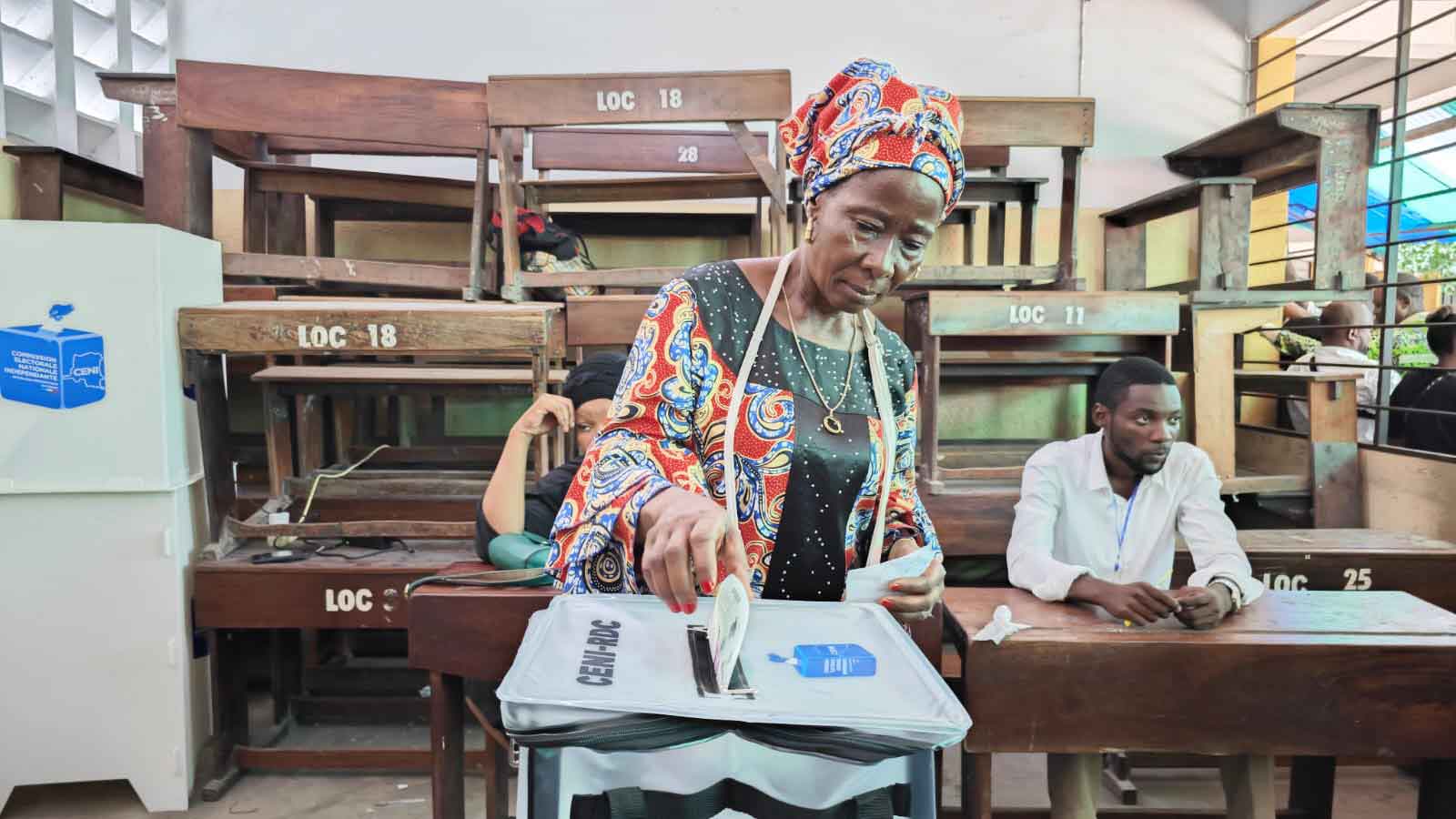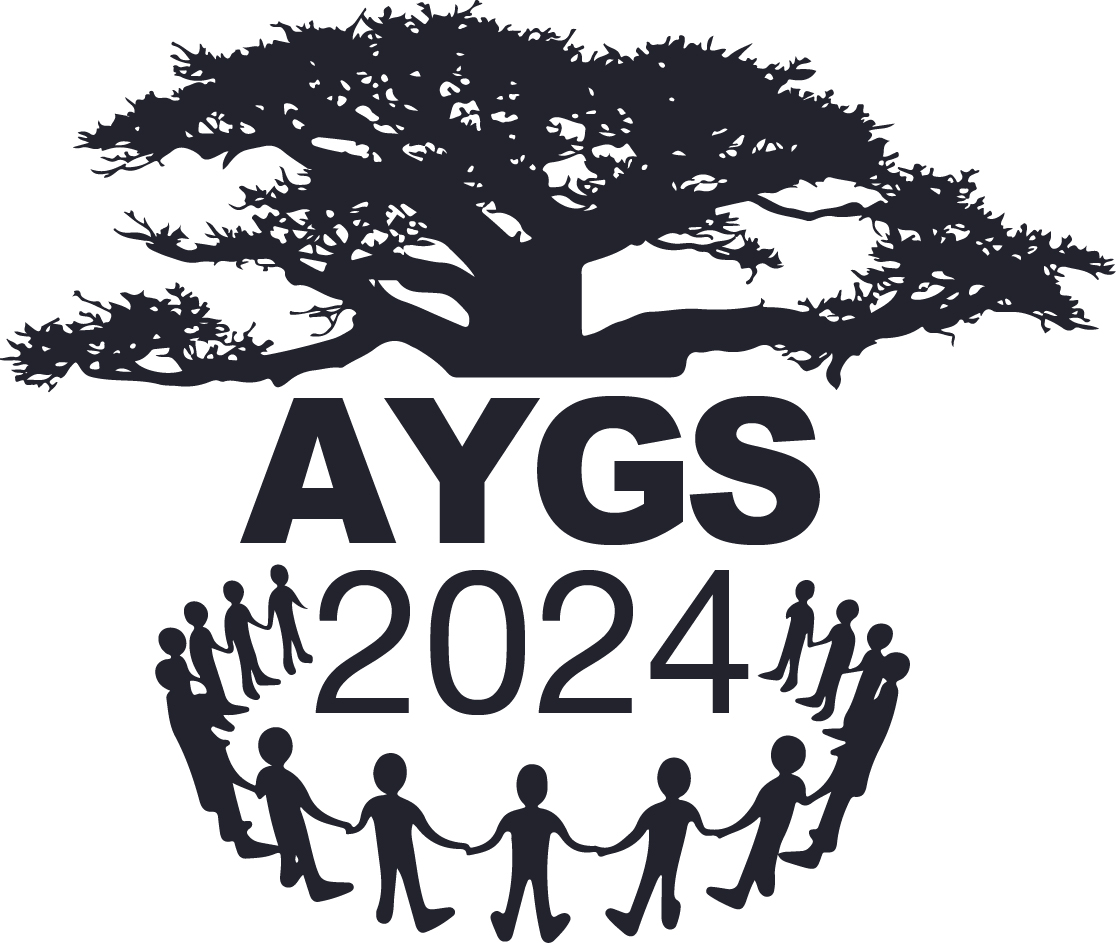Engaging knowledge production and knowledge systems
The Africa Young Graduates and Scholars’ 2021 Organising Committee invites abstracts from emerging scholars, activists, researchers, policy makers, professionals, and students from Africa for consideration for presentation at the 2021 hybrid AYGS Conference. Emerging refers to contributions from Masters’ and Doctoral Degree level scholars and those who completed their PhD within the last three years.
Below please find the Call for Abstracts – AYGS Conference 2021
Below please find the Call for Abstracts – AYGS Conference 2021
Below please find the Call for Abstracts – AYGS Conference 2021
Young scholars from across the continent, in all disciplines, should rethink the future of Africa from a post-pandemic perspective, identify current issues and present ongoing empirical research that can move the continent forward in a global knowledge economy. Priority will be given to submissions that address at least one of the sub-themes. These could be conceptual or empirical. Either way, the contributions must clearly contribute to existing knowledge but stretch to ‘new’ knowledge on how Africa can thrive in a post COVID-19 context.
The COVID-19 pandemic is redefining the way we live, work and learn. While the global economy has been disrupted, the impact of the pandemic in Africa has been exceedingly telling. The incidences of the pandemic have continued to escalate with some countries currently experiencing the second wave of infections. Health interventions have varied across the world and scientific knowledge has helped in managing the spread of the pandemic. Although several pharmaceutical firms have and continue to announce vaccines that can manage the virus, it is understood that it will take years before the vaccine is available for all. With or without the vaccine, the reality is that Africa’s future depends on her ability to engage her knowledge production and knowledge systems to chart the future of work in a post COVID-19 era. How the entire world got locked down at the peak of first wave of the pandemic earlier in 2020 is unprecedented. It shows how important it is for nations of the world, including those in Africa, need to focus on innovation to develop knowledge production systems and processes across disciplines.
For Africa to thrive, its youth population must be enabled to commit to knowledge production and become creative as well as innovative to respond to the continent’s needs presently and in the future. In this regard, and working in a multidisciplinary, interdisciplinary and transdisciplinary manner, Africa’s scientific community needs to start looking at new ways of knowledge generation for the post-pandemic era- the new normal. Important question here includes: What are some of the new ways of knowledge generation in the post-pandemic era? How would such knowledge be disseminated and particularly, how would the knowledge generated in the post-pandemic era be consumed to improve the wellbeing of the continent’s citizens? With this new normal, the continent will equally have to contend with the economic exigencies associated with the Fourth Industrial Revolution (4IR). Suffice it to note that, and according to the World Economic Forum (WEF), the period of the 4IR is ‘characterized by the fusion of the digital, biological, and physical worlds, as well as the growing utilization of new technologies such as artificial intelligence, cloud computing, robotics, 3D printing, the Internet of things, and advanced wireless technologies, among others’.
It is against this background that the 15th Africa Young Graduates and Scholars (AYGS) Conference shall run under the theme ‘The Future of Work in a Post COVID-19 Africa: Engaging Knowledge Production and Knowledge Systems.
Dealing with the economic and social impacts of the COVID-19 pandemic emphasizes inter-relation between the various research and academic disciplines. Advancing the mantra of African solutions for African problems, the continent needs to largely look inward, value the abilities of its youth in academia and research institutes to advance solutions to African challenges. This intention drives the 2021 Africa Young Graduates and Scholars (AYGS) conference.
SUB-THEMES
The conference considers specifically four interrelated sub-themes as follows: (1) research in multidisciplinarity, interdisciplinarity and transdisciplinarity contexts in a post-pandemic Africa; (2) Rethinking higher education curriculum and processes in a post COVID-19 Africa ; (3) The Education-Skills-Employability nexus in a post COVID-19 Africa and (4) Science, Technology, Engineering and Mathematics (STEM) in knowledge production and knowledge systems in a post COVID-19 Africa.
Sub-theme 1: Research in multidisciplinarity, interdisciplinarity and transdisciplinarity contexts in Africa
The COVID-19 pandemic shows how interconnected our world is and how this interconnectedness presents to us a different way of thinking across disciplines. The time for research to be in silos is over. The multi-dimensions of the societal challenges we face today is bigger and complex than one discipline to address. Going forward, we cannot continue to think and act in traditional disciplinary boundaries. Today, our world is more connected, and new ‘big questions’ surround us. Food and water shortages, climate change, energy crises, global poverty, gender equality, gender-based violence, economic development, and peace among many others are some of the issues that confront present-day Africa. The overarching question guiding this theme is, ‘how can current traditional disciplinary boundaries be redefined to allow for multidisciplinary, interdisciplinary and transdisciplinary approaches to address complex societal challenges?’
Sub-theme 2: Rethinking higher education curriculum and processes in a post COVID-19 Africa
The twenty-first global challenges we face are complex. Within the first two decades of the century, the world has experienced the 2008 global economic meltdown and now the 2019 coronavirus pandemic. The mainstream higher education curriculum which was put together before this century may not be sufficient to cater for the kind of education and training required in this century. Higher education is an important pipeline to educate and train Africa’s intellectual workforce. Disruptive innovations in the higher education sector has the potential to redefine the conventional of delivering content to student in higher education institutions (HEIs).In this context, new modes of curriculum arise, as well as changes from modes of teaching to modes of learning among others. Concurrently, alternative curricula need to be considered to prepare students to adjust into a world of work driven by technology. This theme problematizes higher education curriculum and processes in Africa especially in a post COVID-19 continent. The theme is guided by the question, ‘how can higher education institutions in Africa respond to knowledge production and build strong knowledge systems through curriculum change and reform?
Sub-theme 3: The Education-Skills-Employability nexus in a post COVID-19 Africa
The COVID-19 pandemic outbreak in Africa unveiled systemic flaws and highlighted the drastic inequality in a global neoliberal system. It was only the skilled, the appropriately and adequately resourced populations globally who were able to work from home during periods of total lockdowns. The majority especially those in the informal sector particularly in Africa could not work from home. As a result, both globally and in Africa, unemployment has become a societal menace and the need to consider employability as linked to education and skills is urgent than before. It is not enough to be educated and have a qualification. Instead it is important to ascertain the skills graduates possess to be able to seek employment in an ever-changing labour market. To be gainfully employed and operate a world that demands reduced levels of physical human interaction, new graduates must understand the new trends in the labour market and be appropriately and broadly skilled. There is now a need to train and appropriately re-skill those already at work. The overarching question driving this theme is, ‘how can understanding and appropriately unpacking the Education-Skills-Employability nexus help Africa thrive in a post COVID-19 era?’
Sub-theme 4: Science, Technology, Engineering and Mathematics (STEM) in knowledge production and knowledge systems in a post COVID-19
Globally and in Africa, impressive innovation has been observed with reference to digitalised medical, communication and a variety of technologies. This is demonstrated by the strides achieved in Artificial Intelligence (AI) systems for disease detection including with AI-enabled wearable technology for alerting early symptoms of disease. Developments in technology, in the arena of biomedicine, biotechnology and the public health sector have the potential to advance human medicine, medical research and access to medical care. Even so, it is equally critical to consider the effects that these developments will have on accessing health services for the underprivileged, the impact of a techno-dependent life on overall well-being, and the psycho-social consequences of a high reliance and convergence between man and machinery. Contextualising this within Africa brings forward the argument for Ubuntu and the need to acknowledge our identity including Indigenous Knowledge Systems (IKS). The overarching question guiding this theme asks, ‘what is the role and contributions of STEM research in knowledge production and knowledge systems foregrounded by our identity as Africans in a post COVID-19 Africa?’
ABSTRACT SUBMISSIONS SHOULD HAVE THE FOLLOWING FORMAT
Abstract: Maximum of 300 words, including a maximum of five keywords and or phrases. Bio: 100-word author biography, including email address Bio picture: Head-and-shoulders photo in 300 dpi jpeg format Deadline for abstract submission: 23:59 on 23 February 2021 Decision on submitted abstracts: 26 February 2021
The 2021 AYGS conference would involve virtual & physical attendance. It will also provide scholars with a great opportunity for having their papers published in a peer-reviewed book edited by the HSRC. The students will also be provided with mentors to guide and train them in writing for publication. Furthermore, students are also given the opportunity to travel to South Africa with logistics and accommodation costs sponsored for by the HSRC.
Please submit your abstracts to: AYGS2021@hsrc.ac.za and copy the Conference Co-ordinator Puleng Hlanyane @ PHlanyane@hsrc.ac.za by 23 February 2021. Successful applicants will be notified by 26 February 2021.
Successful applicants will be expected to write and submit a full paper of not less than 6000 words and not more than 8000 words including references in American Psychological Association (APA) 7th referencing style.


